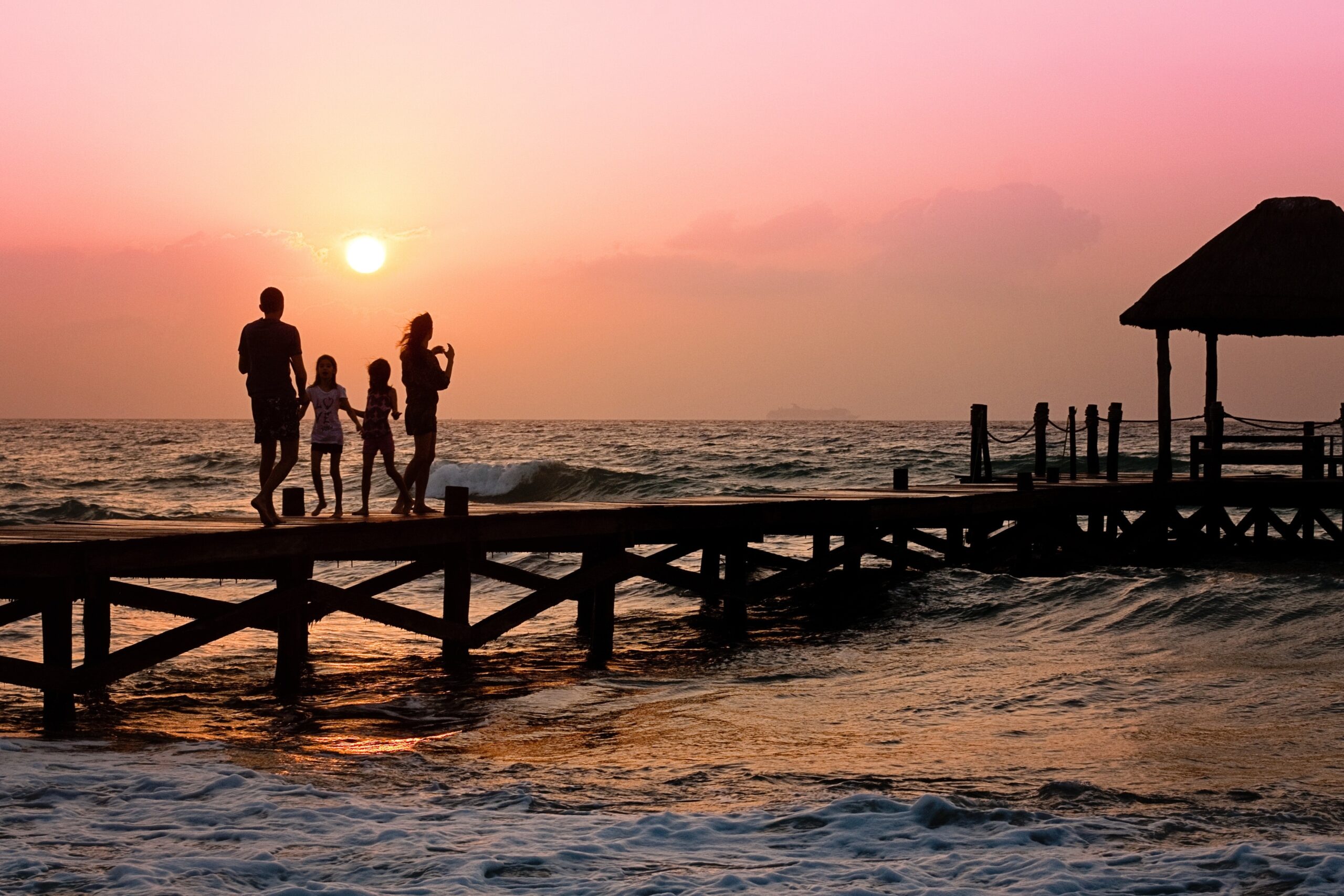Travel is one of the most enriching experiences a person can have. It allows individuals to step outside their routines, explore new places, meet different people, and gain perspectives that are impossible to obtain from books or screens alone. Whether it’s a weekend getaway to a nearby town or a journey across continents, travel has the power to educate, inspire, and transform lives.
The Essence of Travel
At its core, travel is about movement and discovery. It can be as simple as a family road trip or as adventurous as hiking through a rainforest. People travel for various reasons—leisure, work, education, health, or cultural exchange. No matter the purpose, the act of going to a different location often results in new insights, relationships, and experiences.
Travel is not just about physical movement; it also involves emotional and intellectual growth. By encountering new environments, travelers broaden their understanding of the world and often return home with a fresh outlook.
The Benefits of Traveling
1. Cultural Awareness and Appreciation
Travel exposes people to diverse cultures, traditions, and lifestyles. Visiting new places allows travelers to learn about local customs, try different cuisines, and interact with people from various backgrounds. This cultural immersion fosters empathy, tolerance, and open-mindedness—qualities that are increasingly valuable in a globalized world.
2. Personal Growth
Travel challenges individuals to step out of their comfort zones. Whether navigating a foreign city, trying to communicate in another language, or adapting to unfamiliar surroundings, these challenges build confidence, independence, and resilience. Travel encourages curiosity, adaptability, and problem-solving skills, all of which are crucial in personal development.
3. Health and Well-being
Travel can have significant health benefits. It often involves physical activity—walking, hiking, swimming—and offers a mental break from the stress and monotony of daily life. Exposure to nature, fresh air, and sunlight improves mood and reduces anxiety. A change of scenery also helps reset mental and emotional states, promoting overall well-being.
4. Strengthening Relationships
Traveling with family, friends, or partners creates shared experiences that strengthen bonds. Group adventures, road trips, and vacations offer opportunities to connect, communicate, and enjoy quality time together. Even solo travelers often build new friendships on the road.
Types of Travel
Leisure Travel
This is the most common form of travel, involving vacations, sightseeing, and recreational activities. It may include beach holidays, city tours, cruises, and adventure travel.
Business Travel
Professionals often travel for conferences, meetings, and corporate events. Business travel allows for networking, international collaboration, and global market expansion.
Educational Travel
Students and academics travel for study programs, research, or cultural exchange. Educational travel offers immersive learning experiences, often enhancing classroom knowledge with real-world exposure.
Eco and Sustainable Travel
An increasingly popular trend, eco-tourism focuses on responsible travel to natural areas that conserve the environment and improve the well-being of local communities.
Medical Tourism
Some people travel to receive medical treatments that may be more affordable or of higher quality in another country. This can include procedures, surgeries, and wellness retreats.
The Evolution of Travel
Over the decades, travel has become more accessible due to advancements in transportation, technology, and infrastructure. What once took months by sea can now be done in hours by plane. The internet and mobile apps make planning, booking, and navigating travel easier than ever.
Social media has also played a significant role in the rise of travel. Platforms like Instagram and YouTube have inspired millions to explore destinations they might not have considered before. Travel bloggers and influencers often share tips, itineraries, and stunning visuals that ignite wanderlust in their followers.
Challenges in Modern Travel
Despite its many benefits, travel does come with challenges:
- Over-tourism: Popular destinations sometimes face environmental degradation and strain on local resources due to excessive tourism.
- Cultural Insensitivity: Tourists may unknowingly disrespect local customs or traditions.
- Environmental Impact: Air travel contributes to carbon emissions and climate change.
- Economic Disparity: Not everyone can afford to travel, which can widen social gaps.
To address these issues, there’s a growing movement toward responsible and sustainable travel. Travelers are encouraged to support local businesses, reduce waste, respect cultural norms, and minimize their carbon footprint.
The Future of Travel
The travel industry continues to adapt in response to global trends, technological innovations, and public health concerns. Post-pandemic, travelers are prioritizing health, safety, flexibility, and sustainability. Virtual reality experiences and remote work have also created new forms of travel, such as “workcations” and digital nomad lifestyles.
In the future, travel is expected to become even more personalized, eco-conscious, and tech-driven. Smart luggage, biometric check-ins, and AI-powered trip planning are just a few examples of how technology is reshaping the travel experience.
Conclusion
Travel is more than just visiting new places—it’s about exploration, transformation, and connection. It enhances personal growth, deepens cultural understanding, and creates memories that last a lifetime. In a world that is increasingly interconnected, travel serves as a bridge between people, ideas, and experiences.
Whether you’re trekking through the Himalayas, wandering the streets of Paris, or exploring your own backyard, each journey offers a chance to learn something new—not just about the world, but about yourself. So pack your bags, open your mind, and let travel be your guide to a richer, more meaningful life.



